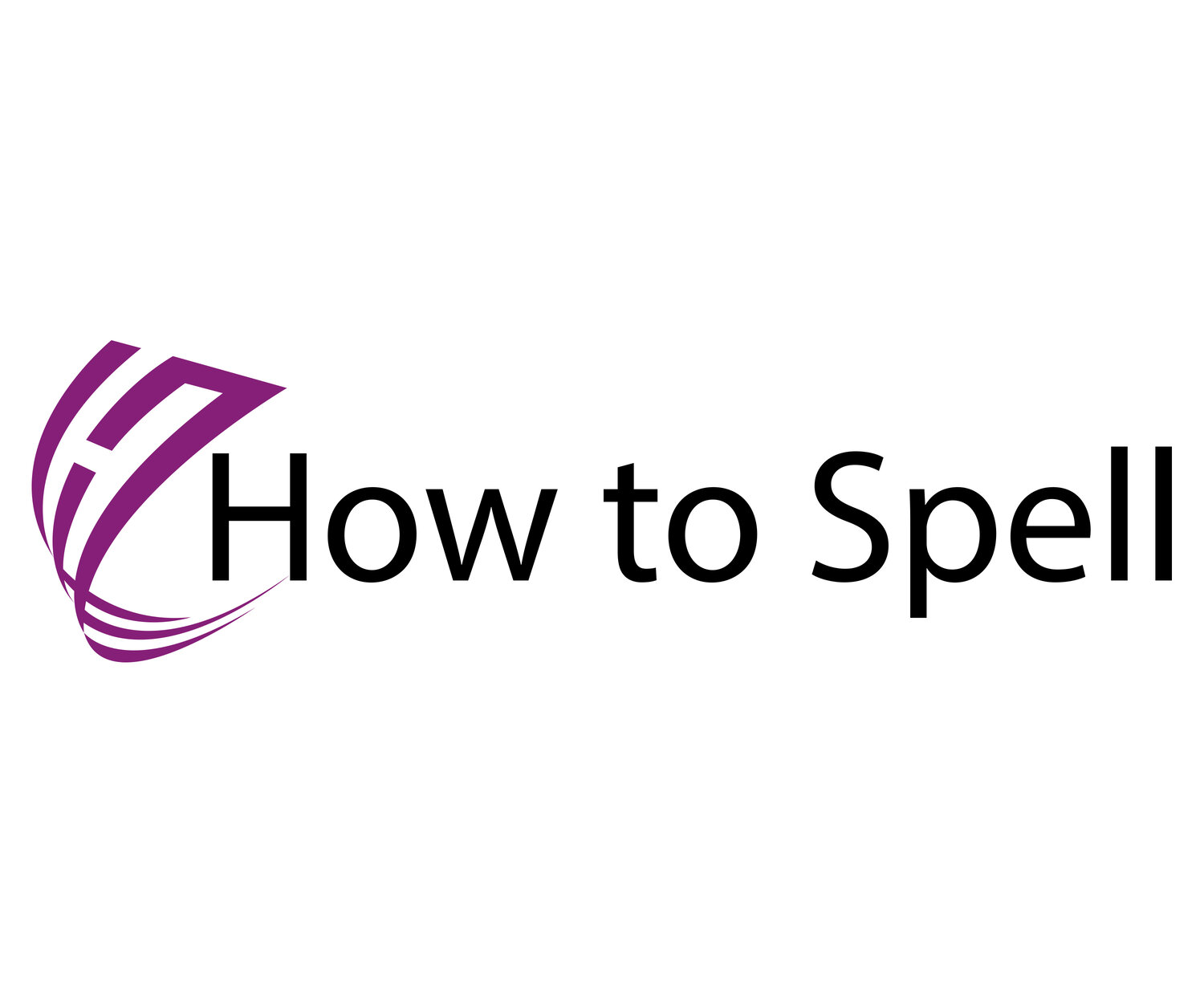Spelling rules are useful to know
Learning spelling rules is so useful because they help you understand spelling, and help explain why certain letter patterns occur and why a word is spelt/spelled (AmE) the way it is.
You might forget the rule but see the spelling pattern and whether it looks right or not. Or it might take you a few goes at remembering the rules but it's worth it.
People say spelling is chaotic - it's not. It's complicated yes, but there are regularities with it and it can be learnt/learned (AmE). And one way is through learning spelling rules, which is one strategy among many, and it adds another layer to your spelling knowledge.
There are some simple reliable rules like adding -es to words ending in s, ss, sh, ch, x, z for plurals and third person 's'.
I have a box. vs. I have six boxes
She has a business. vs. She has two businesses.
I watch TV. vs. He/She/it watches TV.
-es was added to words to stop 3 s's being together and to aid reading. Check out the adding -es lesson
Drop the 'e' with -ing is easy rule to remember because we use it with so many common words. When we add -ing to words ending in -e, we drop the -e:
write — writing
making — making
have — having
manage — managing
But there are always reasons why there are exceptions. We keep the ‘e’ in:
singe + ing = singeing (means scorching because if we drop the 'e' we get singing)
whinge — whingeing. Stressing the soft “g” (if we drop the 'e' it'd be winging)
binge — bingeing (not binging)
tinge — tingeing (not tinging)
dye — dyeing (not dying)
Knowing spelling rules is not only important for your spelling but your reading too.
If you know all about the magic ‘e’ and 1:1:1 doubling up rules then they’ll help you with your reading too.
The double letters in shopping, hopped, slimming, and bottle indicate a short vowel sound, which helps with reading and understanding the meaning.
Compare these: hopping vs. hoping, and tapped vs taped
hopping (= hop + ing = hopping > 1:1:1 doubling up rule) vs hoping (= hope + ing = hoping > drop the ‘e’ rule)
tapped (= tap + ed = tapped > 1:1:1 doubling up rule) vs taping (= tape + ed = taping > drop the ‘e’ rule)
slimmed — slimed
slopped — sloped
mopping — moping
Sometimes the words haven’t been subjected to any rules. Notice how the double letters (short vowel sound) and single letters (long vowel sound) letters help us read and understand these words:
dinner — diner
latter — later
comma — coma
bitter — biter
rudder — ruder
gabble — gable
Mick (ck indicates a short vowel sound) and Mike (magic ‘e’ often indicates the long vowel sound) I always used to get the pronunciation wrong. Check out the -ck vs. -ke lesson.
Double letters serve a purpose and aren’t just there to make you crazy!
Check out the Drop the ‘e’ with -ing lesson, the Drop the ‘e’ lesson, the 1:1:1 doubling up rule, or the magic 'e’ rule.
Improve your spelling knowledge and try my Spelling Rules Workbook — it's packed full of rules and exercises and it's actually a book that you can hold and work on anywhere and you're not stuck on a computer - yeah!
Spelling Rules Workbook
a step-by-step guide to the rules of English spelling (suitable for British and American users)


